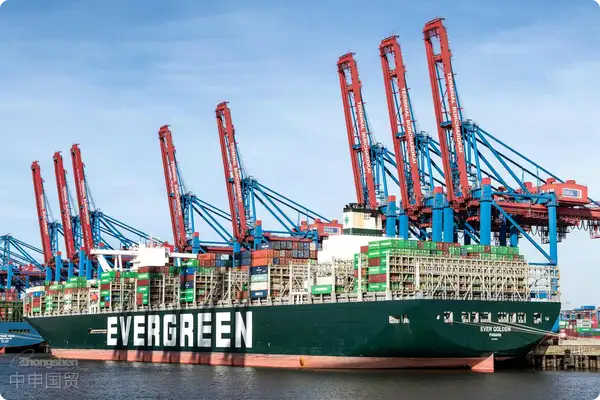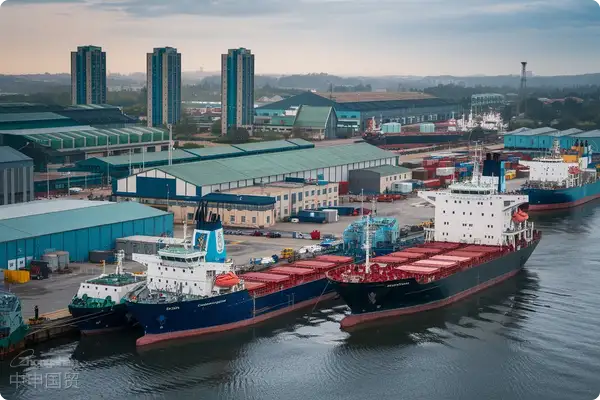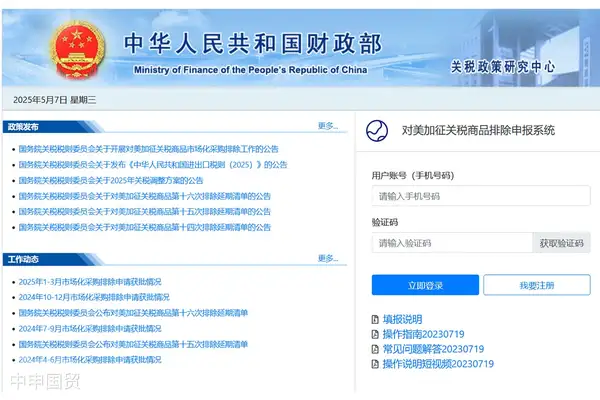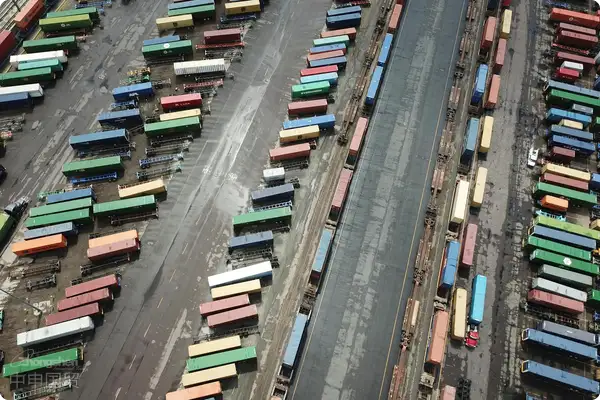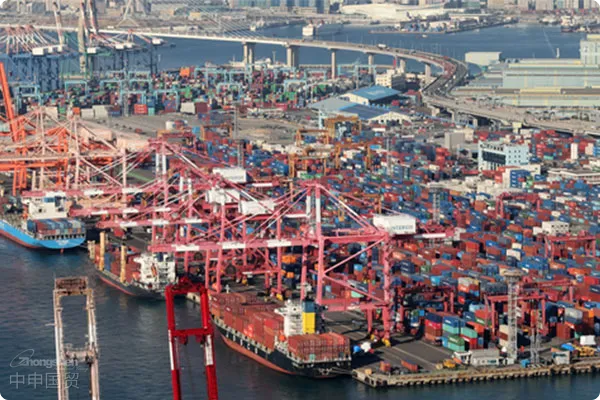- Shanghai Zhongshen International Trade Co., Ltd. - Two decades of trade agency expertise.
- Service Hotline: 139 1787 2118
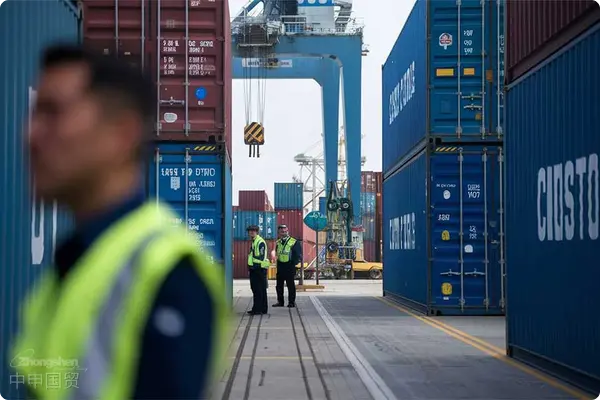
The Industry Reality of Digital Transformation in Import Equipment Agency Services
Latest data from the General Administration of Customs in 2025 shows that electromechanical equipmentImport Representationhas reached an online penetration rate of 67.3%, but only 32% of platforms possess complete service qualifications. Currently, there are three typical service models in the market:
- Full-process digital platform: Provides closed-loop services from supplier對(duì)接, customs clearance to logistics tracking
- Hybrid service provider: Online order receiving + offline operations - a轉(zhuǎn)型 model for traditional agents
- Information intermediary platform: Light-asset operation僅 providing supplier resource matching
Core value proposition of professional online agents
Premium online agents demonstrate clear advantages over traditional channels:
- Timeliness comparison
- Customs document processing: Online 2 hours vs traditional 48 hours
- Exception response: Real-time system alerts vs manual phone notifications
- Cost structure differences
- Hidden cost ratio: Online platforms 8.7% vs traditional agents 23.5%
- Capital occupation cycle: Reduced by 11-15 working days
Five key dimensions of qualification verification
Essential checks when selecting online agents:
- Customs AEO certification status (requires verification of latest annual renewal records)
- Special equipment agency qualifications (Medical EquipmentRequires filing with CFDA)
- Data security certification (ISO27001 as basic requirement)
- List of partnered logistics companies (must include at least 3 global TOP50 carriers)
- Dispute resolution mechanism (clearly specifying compensation terms and arbitration methods)
Three-tier risk prevention and control system
Recommended measures for common risks:
- Fund Safety: Adopt third-party escrow payment and set up phased release clauses
- Compliance guarantee: Require access to real-time updated HS code database
- Contingency plan: Contracts should clearly specify alternative service provider lists and responsibility transfer mechanisms
Seven clauses that must be clearly stated in service agreements
Recommended special provisions in agreements:
- Compensation standards for port demurrage caused by documentation errors
- Exchange rate fluctuation handling mechanism (recommend using forward exchange clauses)
- Intellectual property dispute resolution
- Technical documentation translation accuracy guarantee
- Extension application terms for customs clearance documents during equipment commissioning period
- Pre-classification dispute resolution process
- Cost sharing principles under force majeure circumstances
Current leading online agency platforms have achieved core metrics including tariff calculation error rate ≤1.2%, 24-hour response to customs clearance exceptions, and permanent cloud storage of declaration records. It is recommended that enterprises verify service provider capabilities through a test order mechanism (Test Order), selecting non-core equipment with a value below $200,000 for initial process testing, with focus on documentation processing standards and exception response speed.
Related Recommendations
? 2025. All Rights Reserved. Shanghai ICP No. 2023007705-2  PSB Record: Shanghai No.31011502009912
PSB Record: Shanghai No.31011502009912
